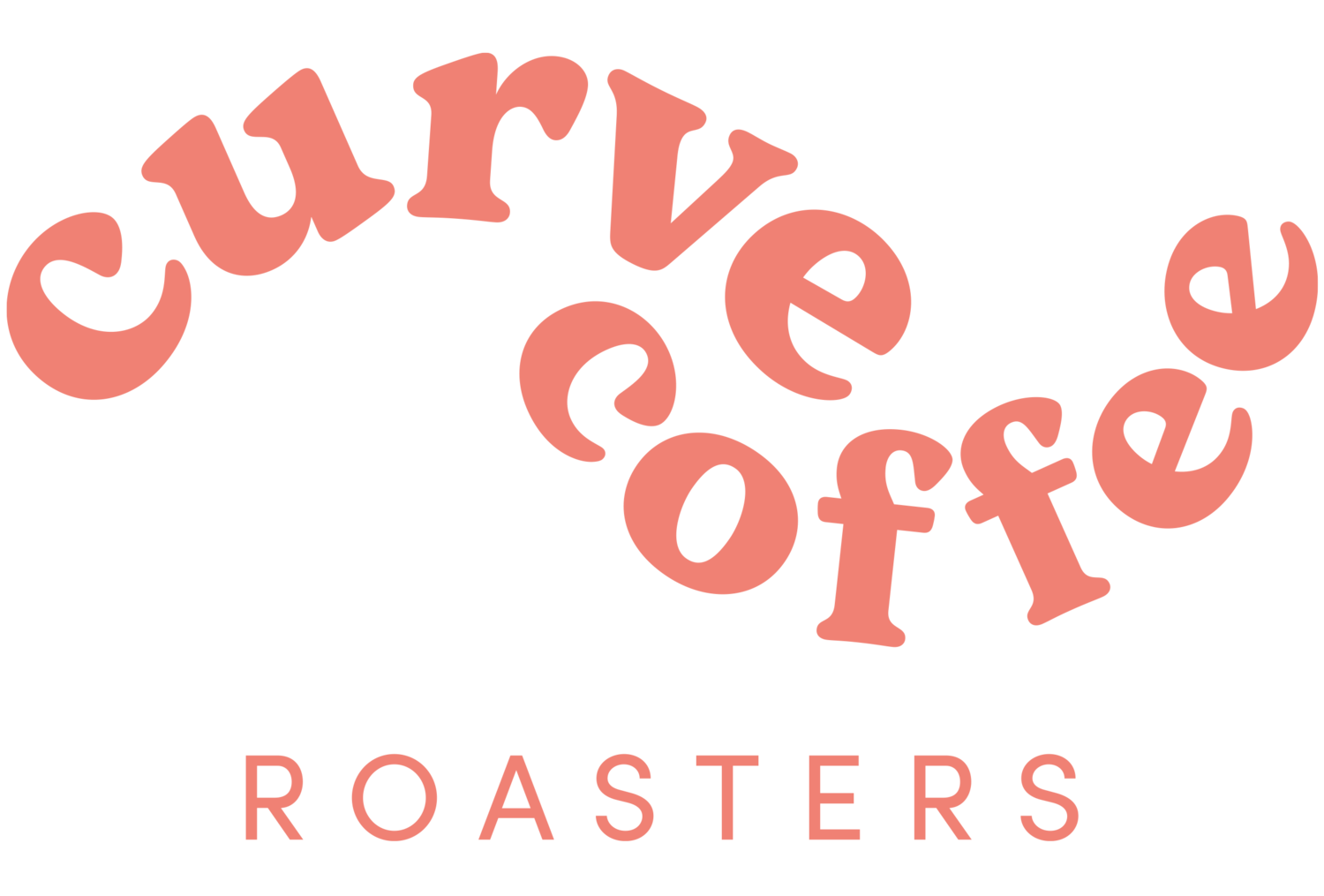Feature Espresso: Kabira | Ethiopia
Key origin info:
Producer: small growers from around Agaro in Jimma Zone
Processed at: Kabira station owned and run by Mustefa Abakeno and his team
Region: Jimma, Western Ethiopia
Altitude: around 2000 masl
Variety: Local cultivated landrace varieties
Process: Natural, Sun-dried on raised beds
Exporter: Mustefa Abakeno | Importer: Falcon Speciality
Cup profile: Jammy body, caramel & nectarine
More about Kabira & Mustefa Abakeno:
This coffee has been cultivated and harvested by small holder farmers and processed at the Kabira station owned and managed by Mustefa Abakeno. Mustefa is a driven producer and entrepreneur from Agaro in Jimma. Mustefa has his own land for coffee farming as well as being a registered exporter. He now owns two washing stations, Beshasha and Kabira, where he processes coffee from his own farm as well as cherry harvested by and bought from out-growers in the area. Mustefa’s outgrowers are all neighbours and each have between 4 and 10 hectares of land.
With the support of the Falcon team in Addis Ababa, Falcon are able work directly with small producers such as Mustefa. As they explain, “this is a huge opportunity to improve quality through direct relationships and work with the producers on cherry selection, drying and farm management.” They are also able to make the supply chain more efficient and so maximise the revenue going back to the producers.
In 2021, Falcon Addis added an agronomist to their team, Harun. Harun’s primary focus during this last harvest has been to train and support Mustefa and the local farmers that bring their cherries to the washing station. Harun has been improving processes at the washing station: installing shade netting to cover drying beds during the hottest hours of the day, instigating cherry selection at the delivery point, tagging day lots in order to keep them separate and monitor moisture content throughout the drying phase, ensuring even drying before the lots are assembled.
In 2020, Mustefa acquired his second washing station, Kabira, to receive more cherries from local producers. Due to subtle differences in location and microclimate, Beshasha now almost exclusively processes washed lots, while Kabira, which has more space for drying beds, is more suited to processing naturals. This is why the lots are named after the stations where they were processed.
Thanks to Falcon for all above traceability information.
Mustefa’s coffees have been on our radar for some time and we are excited to have purchase this lot for the first time this year and share it with you. We love its sweet refined stone fruit notes and deep lingering sweetness.


